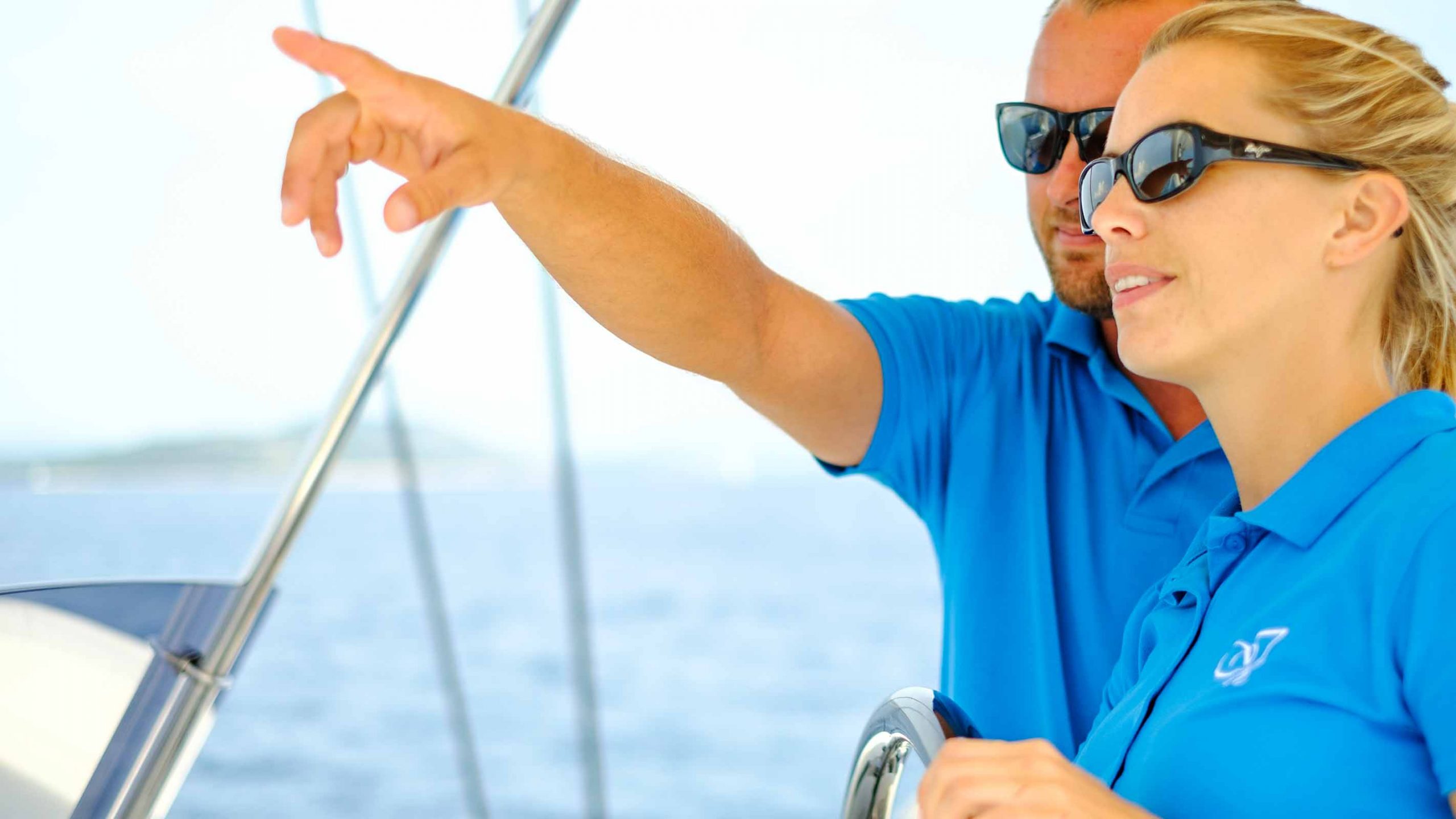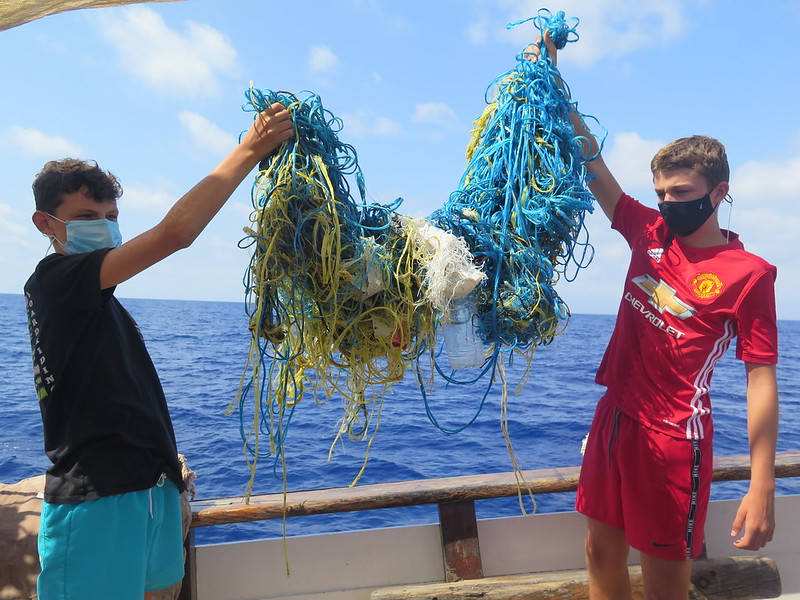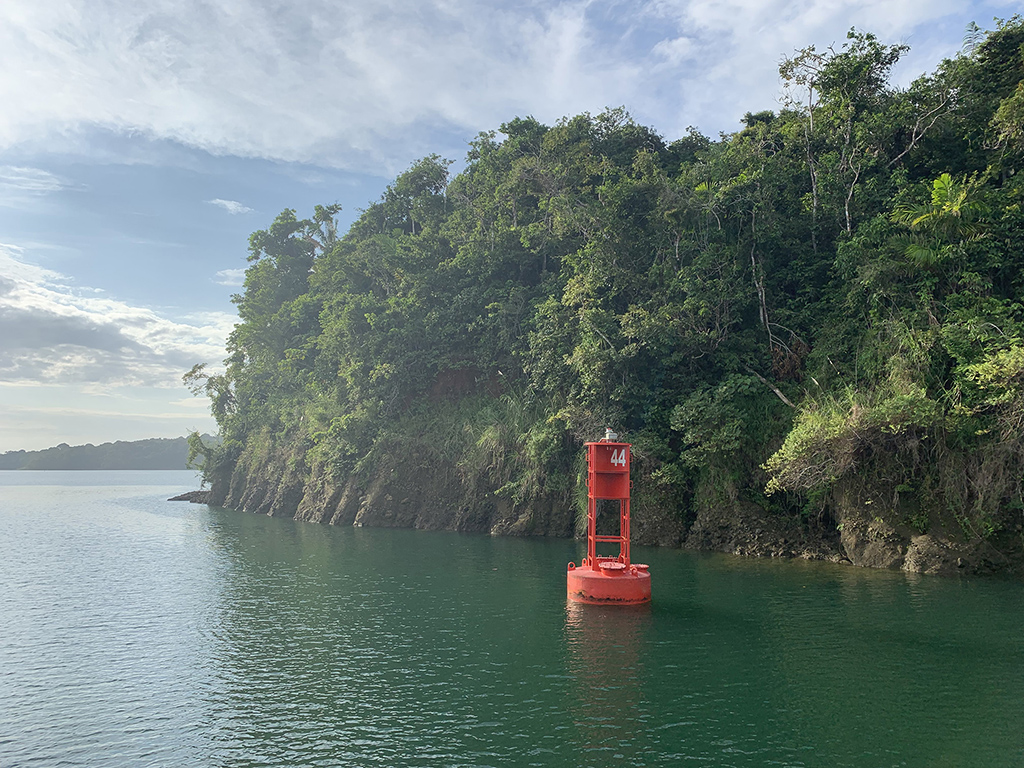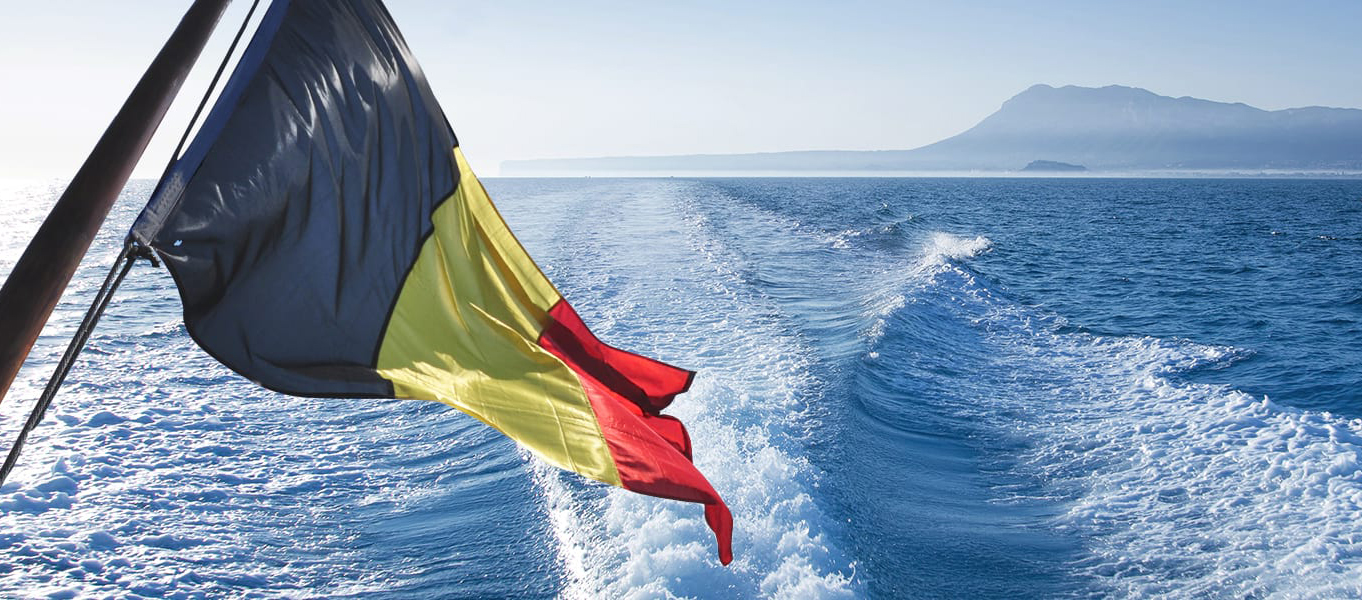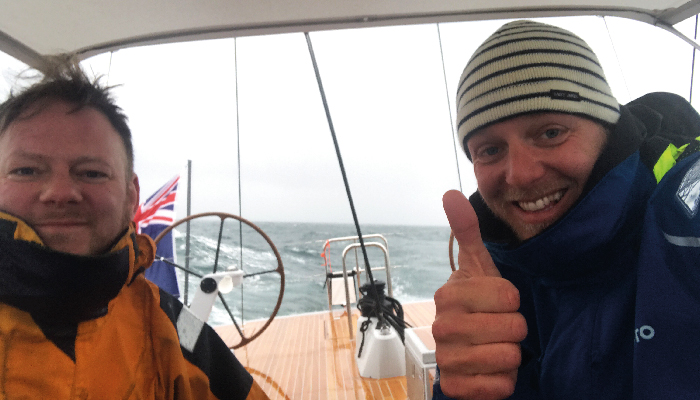Fixing the shortage of Pocket Superyacht Crew.
Ever since I started in the yachting industry 16 years ago -and probably before- there has been talk of a shortage in quality crew. I am not convinced that much has been done about it. In fact, I feel the problem has been made worse for several reasons. The most obvious one being the sheer numbers of yachts ordered and build. Also, yachtmaster licenses which -with enough miles in your logbook- can be obtained in as little as two weeks, have become unaccepted under more and more flags. Insurance companies have had a very hard couple of years, mainly through meteorological and environmental causes, but it made them scrutinise captain’s cv’s a little more closely than they did before. Surely all the above are, in a way positive developments for our industry, but it hasn’t helped us to get more qualified crew. Three years ago I launched the online course How To Work On Pocket Superyachts, in an attempt to contribute to the solution of the issue. However, I bumped into 2 issues. One was that completely novice crew -who were very easy to motivate to enroll in the course- were not employable after the course as they still […]

